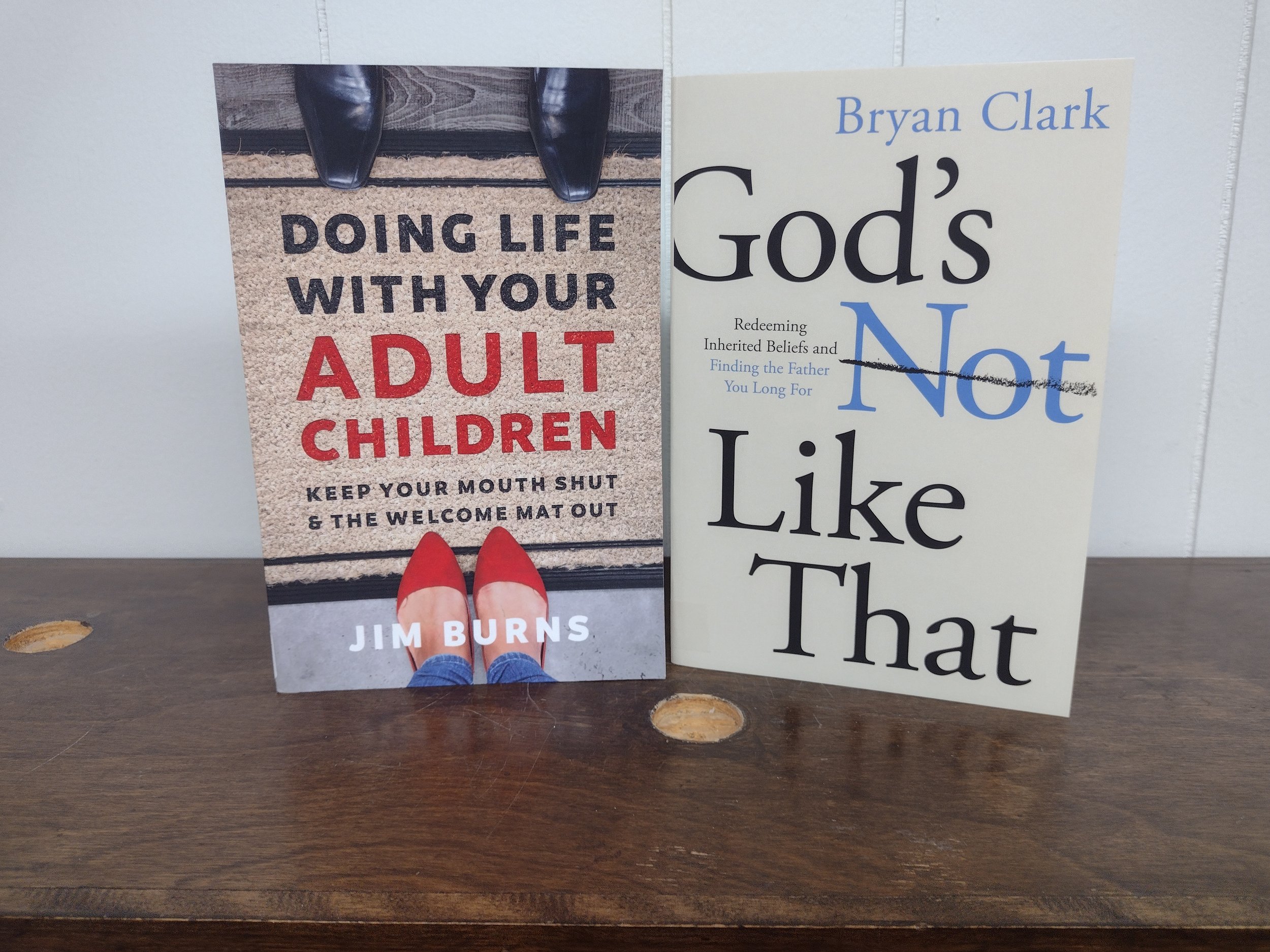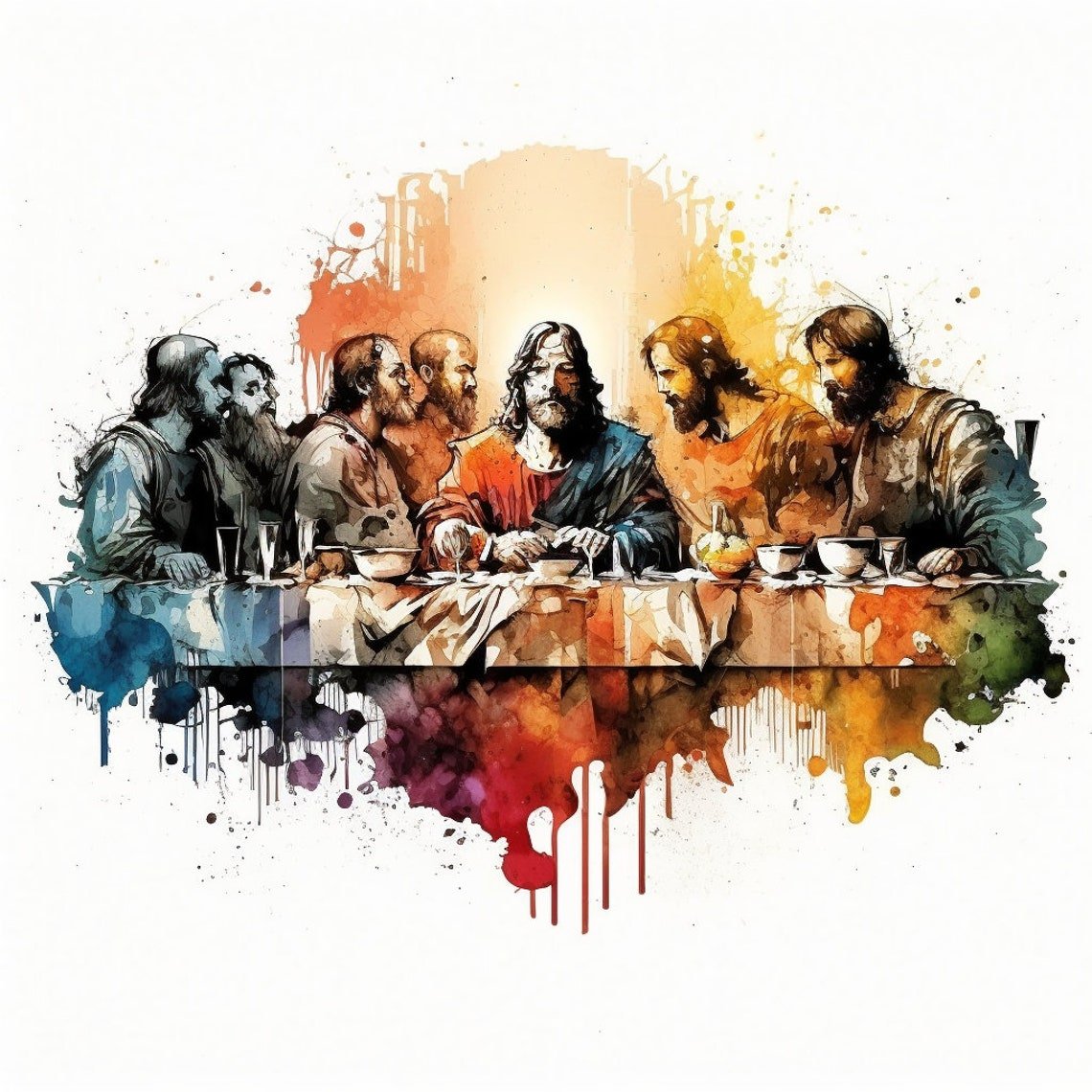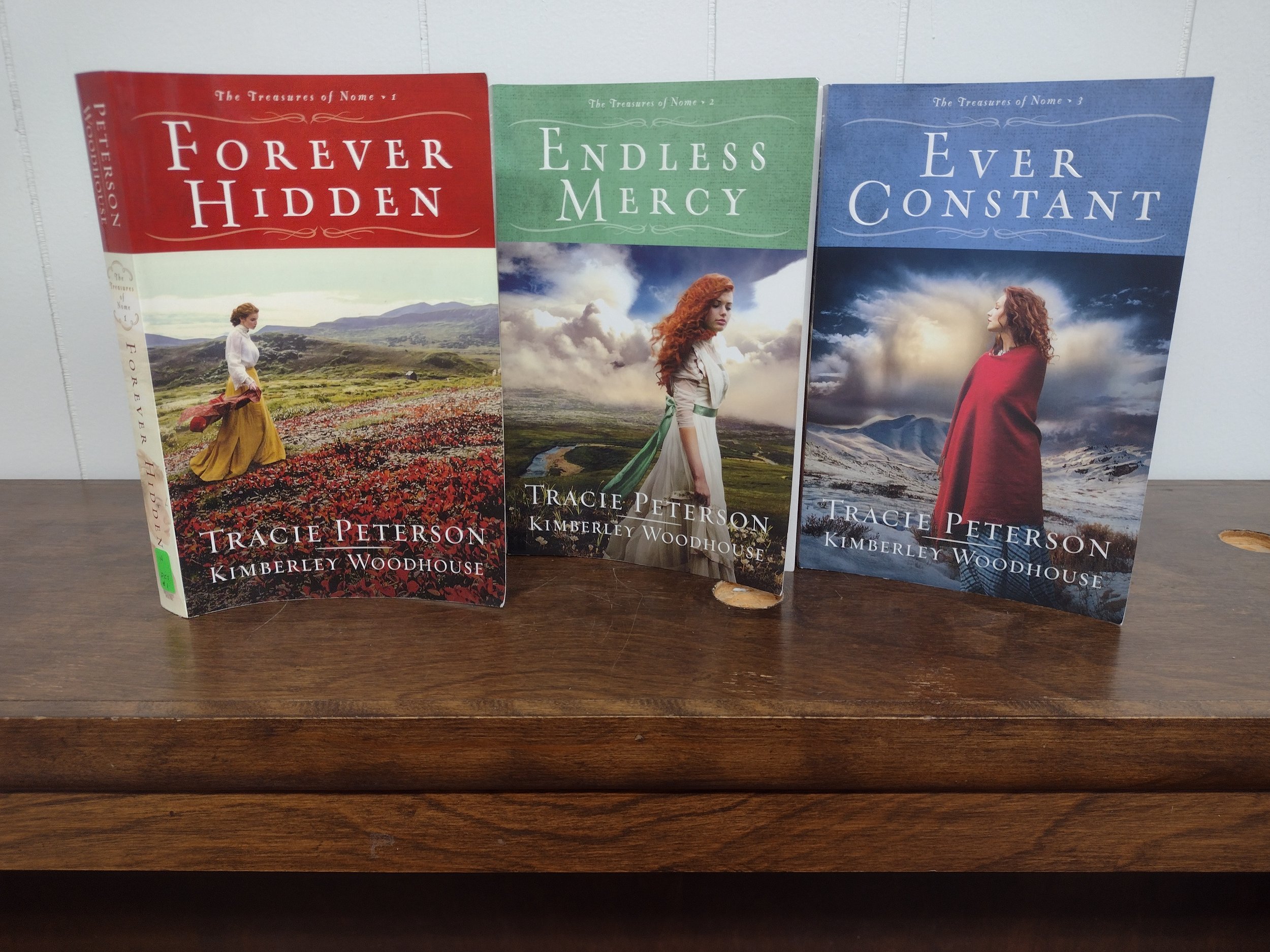Gary Hashley
If you were to ask, I believe the average believer today, who at least is really striving to walk with Jesus and serve Him well, they would probably say it seems like the attacks of the enemy have grown. Whether Satan himself, whether it's society that Satan has a vast influence in and he will use against us. Whether it is our own sinful flesh that he stirs up and attacks us through ourselves. Maybe it's other believers that he can use at times to attack us. The question that we're going to talk about over these next few minutes, in knowing that we as Christians are experiencing many spiritual attacks, "how would you counsel believers in the ability to battle the spiritual attacks?" Well, my mind immediately goes to Ephesians 6 where Paul says that we're to, "be strong in the Lord and the strength of his might." We're to, "put on the whole armor of God, that we may be able to stand against the schemes of the devil. For we do not wrestle against flesh and blood, but against the rulers, against the authorities, against the cosmic powers over this present darkness, against the spiritual forces of evil in the heavenly places. Therefore, take up the whole armor of God that you may be able to stand in the evil day, and having done all, to stand firm. Stand therefore, having fastened on the belt of truth, having put on the breastplate of righteousness and as shoes for your feet, having put on the readiness given by the gospel of peace. In all circumstances, take up the shield of faith with which you can extinguish all the flaming darts of the evil one; and take the helmet of salvation and the sort of the spirit, which is the word of God, praying at all times in the Spirit with all prayer and supplication to the end, that you keep alert with all perseverance, making supplication for all the saints." That's the English standard version, if you're wondering, "what is he reading from." It's the one I prefer, and the one I preach from. But I think one thing we get, and I'm gonna start with this and then turn it over to Brad and then to Tim. One of the things in answering the question is, yes, there are great attacks. So yes, we need to be prepared. And Paul talks about the armor of God. You know, you think of a soldier, and I never was one in the sense of being in the military. But they enlist, they train, and they fight. You know, I enlisted when I put my faith in the Lord Jesus Christ as my personal savior. I became a part of God's team, or as we would sing, one of his Christian soldiers. You know, I've been trained in the word in church, Sunday School, Bible college, studying on my own. And then of course, fighting is involved. And, you know, soldiers train their bodies and their minds. They go through basic training, they do the calisthenics. They work their bodies hard, running and carrying and all those things to build up their strength. They build up their minds, they learn their jobs that they'll be doing as soldiers, and then they gear up for battle. They put on the equipment and they get ready with the equipment to fight the battle. And here in the armor of God, we find how to gear up. And I, at the cost of sounding simplistic, basically the gear that Paul talks about is truth (the belt of truth), righteousness (the breastplate of righteousness). Something to do with our solid footing, because he talks about footwear of the gospel of peace. He talks about the shield of faith. He talks about the helmet of salvation on our heads. He talks about, you know, the sword of the spirit (the word of God or scripture). And then he talks about prayer. So really, if we're gonna gear up as those who are soldiers in the army of Christ, so to speak, we need to commit ourselves to truth, God's truth. Not man's truth, God's truth. Living out our faith in a way that is in accordance with the standards we learn, that God has given us in His word. We need the solid footing of being on the solid rock, and having our feet shod in such a way that we are standing solid and not being tripped up by everything the world is throwing at us. We need to be committed to people of faith, to be people of faith, no matter what is happening in and around and the attacks that are coming. We need that helmet of salvation, cause I don't know about you, but Satan plays games in my brain, and I need to have that mental commitment to the assurance I find in the truth of the word of God. Of course, we need scripture, which that kind of fits with truth to start with, and then we need prayer. And I guess if we are going to be ready to battle the attacks of the enemy, we need to train and we need to gear up. And as someone has said, we need to decide ahead of time where we're gonna stand. We need to decide ahead of time how we're gonna stand and what we're gonna stand for. And so, yeah, if we're going to be ready for battle against the enemy, like a good soldier, we need to gear up with truth, righteousness, the right footing, faith, assurance, scripture and prayer. We need to be prepared because the enemy's out there, and Brad, talk to us about another aspect of this.
Brad Kilthau
Well, if you're gonna be a soldier that's prepared, which is very good and obviously clearly stated in the word of God, as you alluded to already, Gary. We also have to be alert, very alert. You know, we can be equipped, we can have a knowledge of the word, we can have, those parts of our life that were involved in the church and committed to the church. But if we're not alert to the attacks of Satan, he's gonna sneak up on us and he's gonna cause a lot of harm. And you know, I think about sometimes the thought as Christians. We can come along and think, "well, you know, God's got this. He's our sovereign God. It's all in control." We've read the end. We know he's gonna finish and be victorious over Satan, and the enemy and all of that. And I think sometimes as Christians, we can get into that gear of confidence, which is okay in a sense, but then use that as an ability to say, "well, I don't need to really, really worry about my daily time in the word. I don't really need to worry about walking this way and that way because God's got it handled and it's all gonna work out." But that's what Satan wants us to do. He wants us, as Christians, to not be alert to his schemes. He wants us to get kind of wrapped up in what we're doing on planet earth and not worry about the spiritual aspect of things. And I think as Christians, sometimes it's easy for us to do. We can get involved in being at everything that our kids are doing. We can be involved in politics, we can really get involved in raising our status and our job or making money. And then as we're focusing on that, we don't realize, that our peripheral vision is not working very well. And that's what Satan wants. He wants to sneak up alongside of us and to hit us with something that we're not prepared for, because we have been just nonchalant walking along as a Christian. We've gotta be, not preoccupied with the things of this world, but we've constantly got to be in prayer and in the word. And, you know, some of those illustrations that you were giving, Gary, we always teach those to the kids, don't we? We always talk about teaching them the armor. And we love to do that because it's easy to put on the outfits, and that really kind of gets the kid's attention and that's good. But we also always have a verse that we kind of throw in front of the kids. And that's Psalm 119:105 that says, "your word is a lamp to my feet and a light to my path." And we've gotta have the word. I'm thinking, described here as a light that you get, you need to have the word to tell you what your next step is gonna be. Because if you're not looking down, if you're not alert, you'll step in something that Satan has got; that snare that's out there waiting for you. And then I think another thought, before I turn it over here to Tim, is I was thinking about 2 Corinthians 10, and also Paul talks about spiritual battle. But in verses 3-5 he says, "For though we walk in the flesh and we do not war according to the flesh," he said, "for the weapons of our warfare are not carnal, but mighty in God for pulling down strongholds and casting down arguments in every high thing that exalts itself against the knowledge of God and bringing every thought captive to the obedience of Christ." Just something that I want to throw in here is, Paul is primarily telling us that the battle that, usually we are fighting, this spiritual battle is in our mind, it's in our heart. It's not a hand-to-hand combat with Satan. It's not a hand-to-hand combat with demons. And so what do we need to do?

































